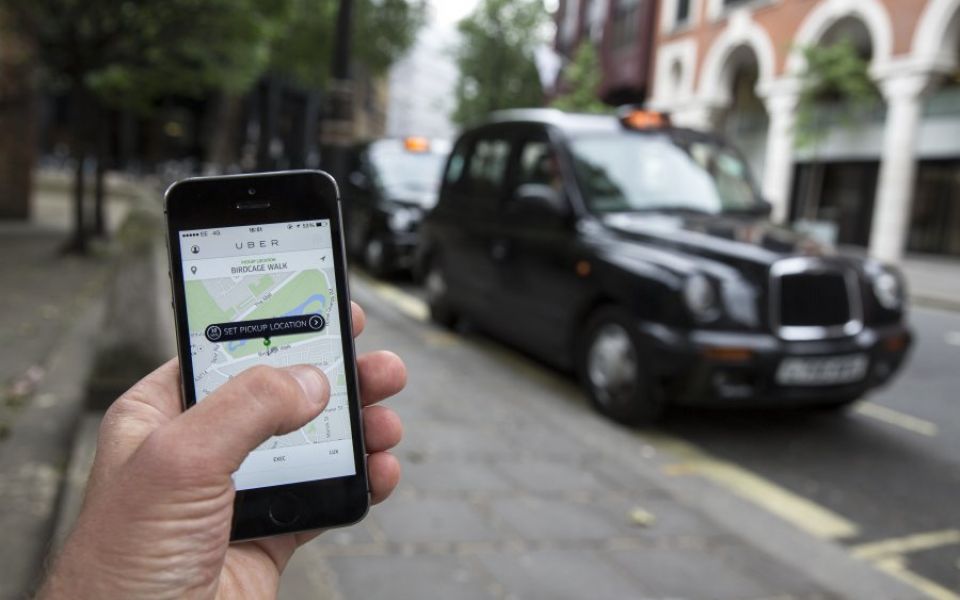Last week, in news that shocked many, Transport for London (“TFL”) decided that they would not be renewing Uber’s licence to operate in the city. TFL acknowledged concerns raised by passengers about background checks carried out on drivers by Uber and about the processes to deal with criminal offences, and decided that Uber was “not fit and proper to hold a private hire operator licence”.
Uber has caused controversy since arriving in the UK, with many people questioning how stringent the driver checks carried out by the company were. Traditional London cab drivers protested about TFL’s original decision to grant Uber a license to operate saying that it undermined the additional knowledge tests which they had to undertake and Uber’s competitive price cutting would put them out of business. In the last couple of years, the company has further been plagued with negative news stories surrounding tax avoidance, the status of its self-employed drivers and its toxic head-office culture.
In 2015 TFL referred Uber to HMRC for investigation over questions surrounding the legality of the way the company had structured its tax affairs by having no permanent establishment in the UK and therefore paying minimal tax. Last year the company came under fire for paying drivers below minimum wage, and in a landmark court ruling, lost the right to class its drivers as self-employed. By classing drivers as self-employed Uber had avoided paying National Insurance, holiday pay and adhering to the minimum wage. In June, following accusations of a toxic head office culture, Travis Kalanick Uber’s controversial CEO, stepped down following pressure from shareholders.
You can't go to court to argue your workforce is self-employed then claim the regulator is sacking them #Uber
— Tom Copley (@tomcopley) September 23, 2017
TFL is following in the footsteps of Bulgaria, Denmark and Italy, as well as some states of America, by banning the app. Uber has also faced backlash in Finland, France, Spain and the Netherlands and has received temporary suspensions in these countries; Spain’s largest taxi company has taken its complaint that Uber’s practises constitute unfair competition to the European Court and is currently awaiting judgement.
Many people view the ban on Uber as a positive step by TFL, which will allow it to protect revenues and citizens by controlling taxi licences and operating practices more closely, whilst London Cab drivers have hailed it as a historic victory for tradition.
Critics have argued that TFL’s decision is a luddite move against the rise of technology in bringing convenience to our lives, commodities which were previously out of reach to the masses, and the ability to work flexibly in a rapidly developing gig economy. Women’s charities have voiced concern that the decision will put more vulnerable women at risk by denying them a safe journey home, and some have argued that more young people will be pushed into using unlicensed taxis.
The rapid rise of technology has led to conflicts between governments and companies who now operate on a global scale which is becoming harder to control. Uber has said it will be appealing the decision by TFL in court, a legal battle which will be watched closely across the world.
India Daniel
Image: [CityAM]

